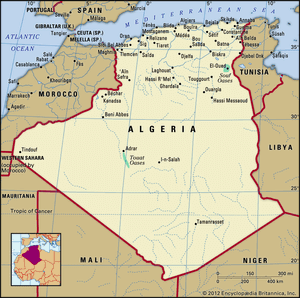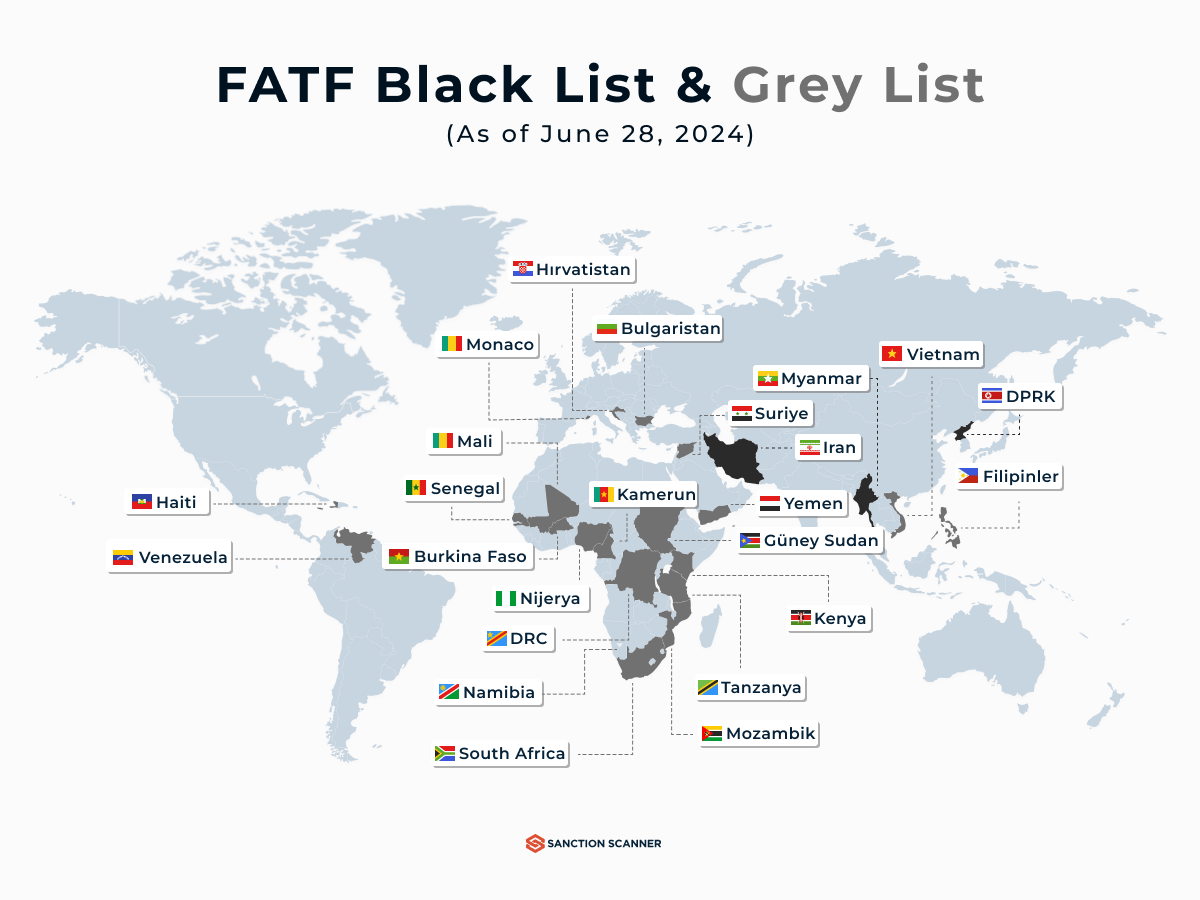Polity and Governance
Govt to seek Cabinet nod to tweak PM Internship Scheme Based on pilot rounds - The Hindu
The Ministry of Corporate Affairs (MCA) is planning to revamp the Prime Minister’s Internship Scheme (PMIS) following a review of its two pilot phases.
The PM Internship Scheme (PMIS) is a government initiative aimed at tackling youth unemployment by offering structured internship opportunities to young individuals across the country.
Key Features:
- The scheme targets to provide internships to 1 crore youth over the next five years.
- Interns will receive a monthly stipend of ₹4,500 from the government, along with an additional ₹500 contributed by companies under their Corporate Social Responsibility (CSR) obligations.
- The internship duration is one year.
- A one-time enrollment grant of ₹6,000 will be provided to each intern.
- Interns will also be covered under PM Jeevan Jyoti Bima Yojana and PM Suraksha Bima Yojana, ensuring life and accident insurance coverage.

Eligibility Criteria:
- Age: 21 to 24 years.
- Education: Minimum qualification of Class 10. Graduates from premier institutions (such as IITs, IIMs) and individuals with professional degrees (e.g., CA) are excluded.
- Employment Status: Must not be engaged in full-time employment.
- Family Income: Annual household income must not exceed ₹8 lakh. Families with government employees are not eligible.
Expected Benefits:
- Helps participants gain practical experience and workplace skills in a real-world environment.
- Offers financial assistance to support interns during the internship period, reducing the economic burden on low-income families.
Science and Technology
First Made-in-India chip to come from N-E semiconductor plant:PM - Indian Express
Prime Minister Narendra Modi announced that India is set to receive its first 'Made-in-India' semiconductor chip from a plant located in the Northeast region. This marks a significant milestone for the country's semiconductor manufacturing ecosystem and highlights the Northeast's emerging role as a hub for energy and semiconductor sectors. The announcement was made during the Rising Northeast Investors Summit 2025.
Focus on Northeast region -
- Massive investments have been made in hydropower and solar energy across all northeastern states.
- The region offers strong potential for manufacturing, solar modules, energy storage, and research.
- Developing these sectors will help reduce India’s dependence on imports.
- Once considered a remote frontier, the Northeast is now emerging as a leader in national development.
- Over 11,000 km of highways and new rail networks have transformed regional connectivity.
- Strong roads, reliable power supply, and efficient logistics form the foundation of trade and industry.
- The region is witnessing an infrastructure revolution, turning it into a land of opportunities.
- The Northeast is set to witness a significant rise in its trade potential, with Prime Minister Modi stating that India's trade with ASEAN, currently at $1.25 billion, is expected to exceed $200 billion in the coming years. The region will serve as a vital trade gateway and strategic bridge for ASEAN connectivity.
What are Semiconductors?
- Semiconductors are materials whose electrical conductivity lies between that of conductors (e.g., metals) and insulators (e.g., rubber). They can conduct electricity under specific conditions and act as insulators under others, making them essential to modern electronics.
- Typically made from pure elements like silicon or germanium, their conductivity is altered through a process called doping, where trace amounts of impurities are added.
- Semiconductors are the foundation of electronic components such as transistors, which function as switches or amplifiers in devices like computers, smartphones, solar cells, LEDs, and integrated circuits.
Economy
Algeria Joins New Development Bank - The Hindu
The New Development Bank (NDB) has admitted Algeria as a new member, further expanding its global membership base.
About New Development Bank (NDB):
- Establishment: The New Development Bank was founded by the BRICS nations — Brazil, Russia, India, China, and South Africa — during the 6th BRICS Summit held in Fortaleza, Brazil, in 2014. It became operational in 2015.

- Purpose: The primary aim of the NDB is to mobilize resources for infrastructure and sustainable development projects in BRICS countries and other emerging and developing economies.
- Membership: While initially exclusive to BRICS nations, the NDB has expanded its membership to include countries such as Bangladesh, Egypt, the United Arab Emirates (UAE), Uruguay, and Algeria.
- Capital Structure: The Bank has an authorized capital of USD 100 billion. Of this, USD 50 billion is the initial subscribed capital, equally shared among the founding BRICS countries, ensuring balanced voting rights and eliminating any single-country veto power.
- Headquarters: The NDB is headquartered in Shanghai, China.
International Relation
Trump versus Harvard- Indian Express
A U.S. federal judge temporarily blocked the Trump administration's decision to revoke Harvard University's ability to enroll international students. This move came just a day after the policy was imposed on the institution. Harvard challenged the decision in court, describing it as a clear violation of the U.S. Constitution and federal laws.
The university stated that the policy would have an immediate and devastating impact on both the institution and its international students. The conflict began after Harvard President Alan M. Garber informed the administration that the university would not comply with demands to alter its hiring practices, admissions policies, or curriculum.
What is SEVP Certification
SEVP Certification (Student and Exchange Visitor Program Certification) is a designation issued by the U.S. Department of Homeland Security (DHS) that allows colleges and universities in the United States to enroll international students under specific visa categories—F-1, M-1, and J-1.
- F-1 Visa: For students attending academic institutions such as high schools or colleges.
- M-1 Visa: For students enrolled in vocational or technical training programs.
- J-1 Visa: For students participating in approved exchange programs.
Institutions must have SEVP certification to issue Form I-20, a document that serves as proof of enrollment and is essential for international students to maintain their visa status. Without this certification, institutions are not authorized to admit international students.
Why was Harvard’s SEVP certification revoked?
Harvard’s SEVP certification was revoked following a letter from the U.S. Department of Homeland Security (DHS) that accused the university of fostering an “unsafe” campus environment for Jewish students, promoting “pro-Hamas sympathies,” and enforcing “racial” diversity, equity, and inclusion (DEI) policies. The DHS gave Harvard a 72-hour deadline to meet six strict conditions in order to have its SEVP certification reinstated.
How would this affect Harvard foreign students?
- 6,793 international students currently studying at Harvard would be affected by the revocation of SEVP certification.
- If the restraining order is lifted, students may have to transfer to other U.S. universities or leave the country.
- F-1 visa holders usually get 60 days and J-1 visa holders get 30 days to leave the U.S. after completing their studies.
- If student status is terminated due to SEVP revocation, students may be required to leave immediately.
- The exact grace period for Harvard students to transfer or depart is currently unclear.
- Students close to graduation may be granted a short grace period by DHS.
- DHS could deny visa applications for students planning to study at Harvard without SEVP certification.
India to push watchdog FATF to put Pak. back on its ‘grey list’- The Hindu
India will submit a dossier to FATF ahead of its June 2025 plenary, urging Pakistan’s re-inclusion in the ‘grey list’ for failing to fully curb money laundering and terror financing. Pakistan was on the list from 2018 to 2022.
About FATF (Financial Action Task Force):
- Established: 1989, following a G-7 summit in Paris.
- Type: Global watchdog for money laundering and terror financing.
Objectives & Mandate Expansion:
- 1989: Initially focused on combating money laundering.
- 2001: Post 9/11, mandate expanded to include countering terrorist financing.
- 2012: Further extended to address financing of proliferation of Weapons of Mass Destruction (WMDs)

FATF Grey and Black Lists
About:
- The FATF Plenary meets three times a year (February, June, October) to review countries' Mutual Evaluation Reports (MERs).
- Countries with serious flaws in their AML/CFT (Anti-Money Laundering/Combating the Financing of Terrorism) systems are placed under scrutiny.
Grey List (Jurisdictions under Increased Monitoring):
- Includes countries with strategic deficiencies in tackling money laundering and terror financing.
- These nations commit to resolving issues identified by FATF within a set timeframe.
- Acts as a warning list—countries may be moved to the blacklist if they fail to take corrective measures.
- Example tasks for removal: freezing assets of individuals linked to terrorist organizations.
Black List (High-Risk Jurisdictions):
- Includes countries that fail to address FATF concerns and pose a significant risk to the international financial system.
- These are labeled as Non-Cooperative Countries or Territories (NCCTs).
- Subject to strict financial sanctions and isolation from the global financial system.